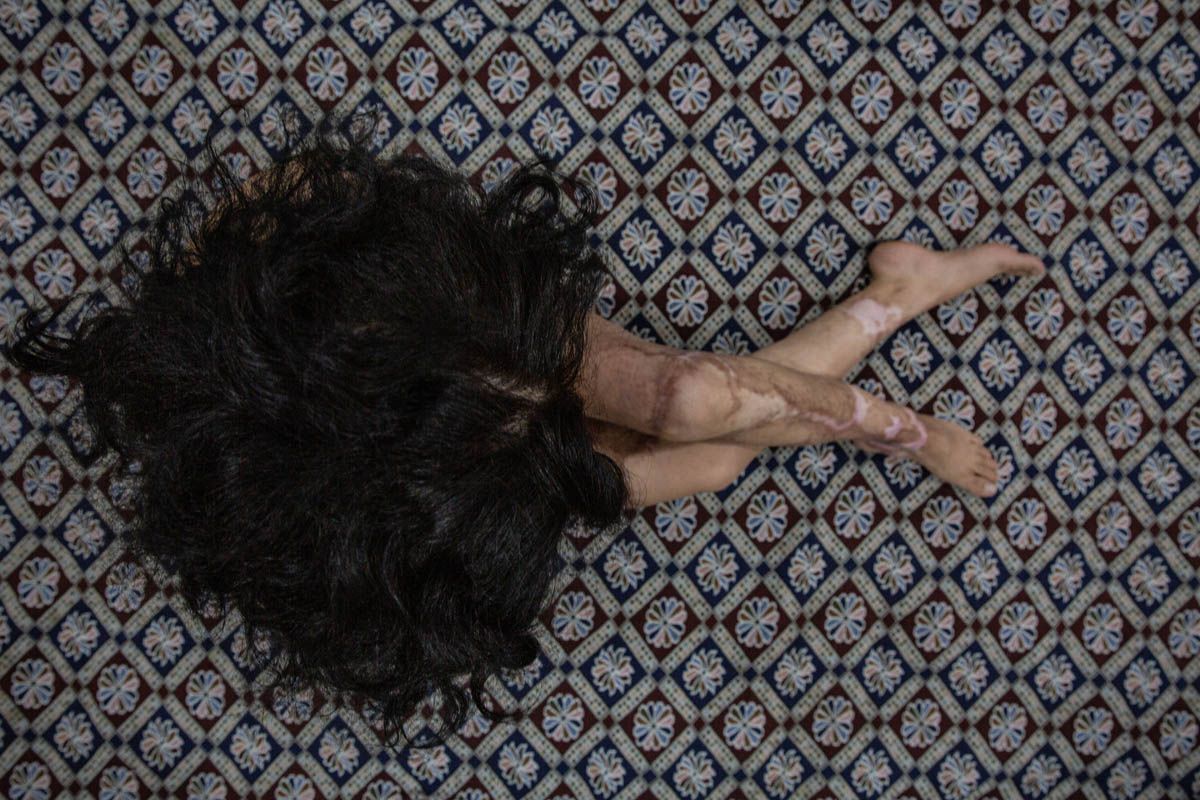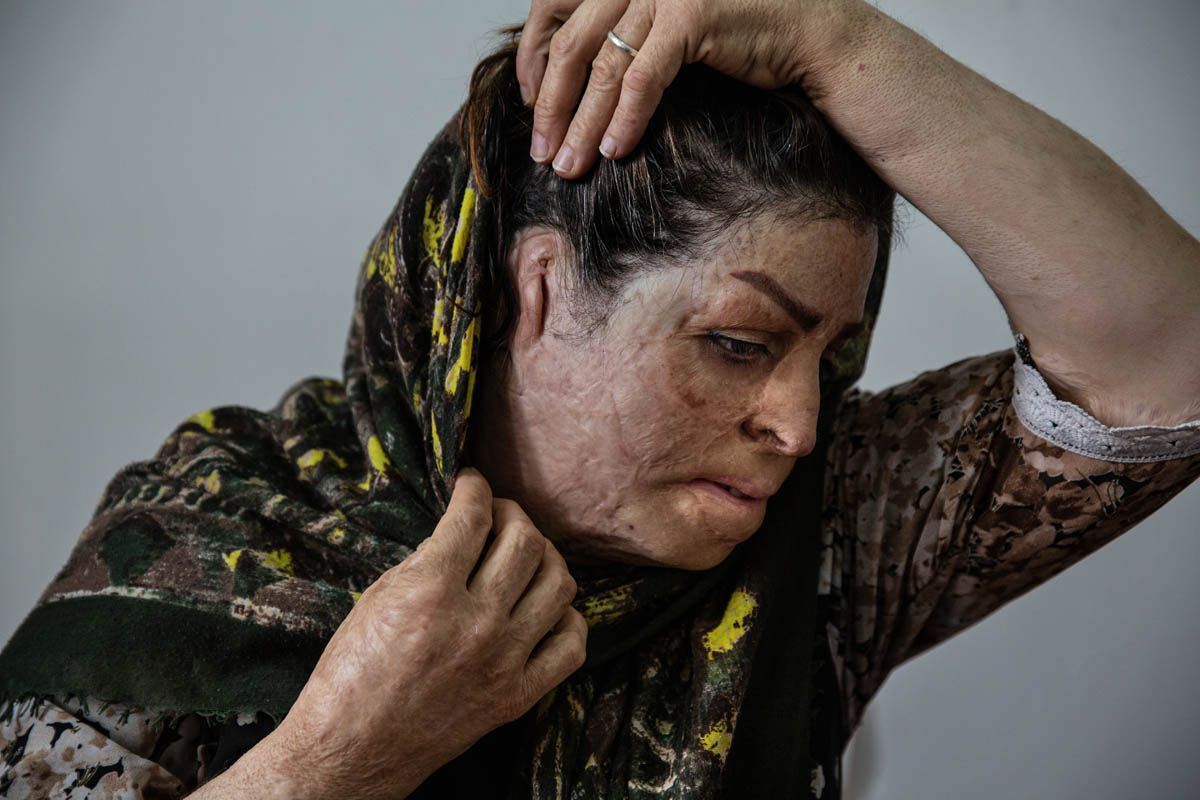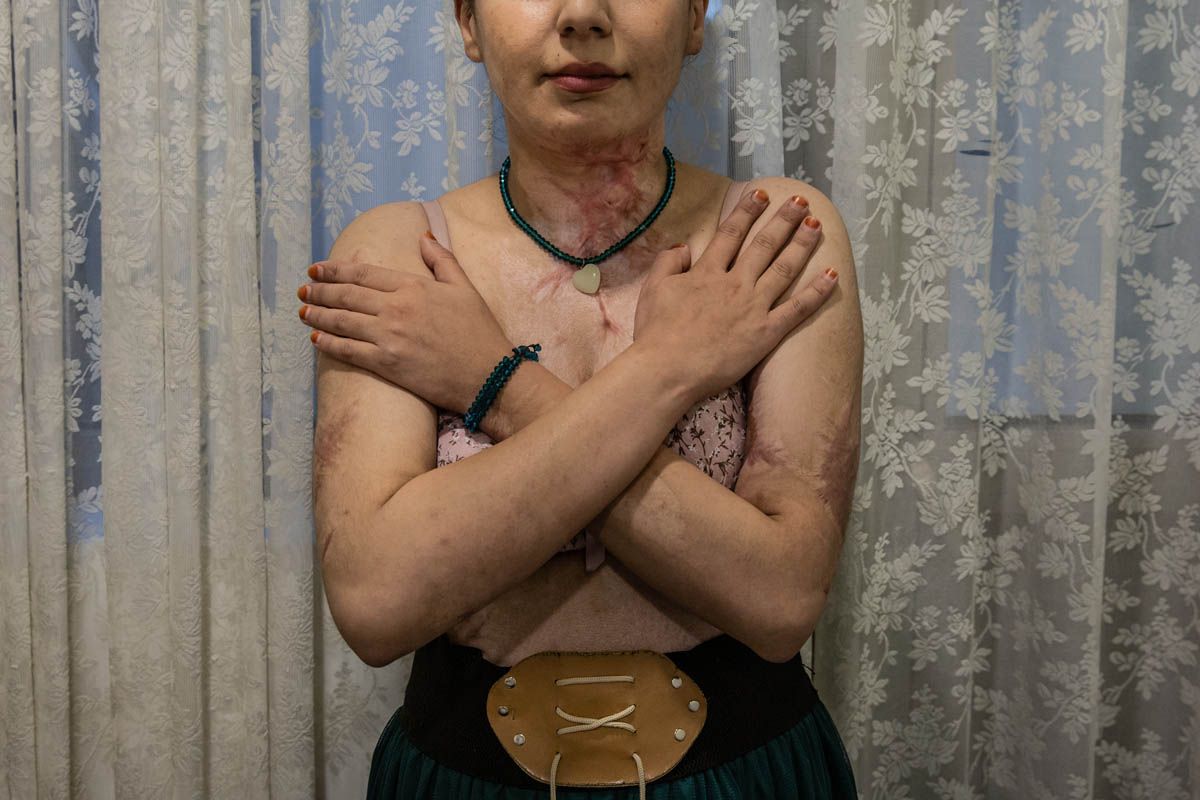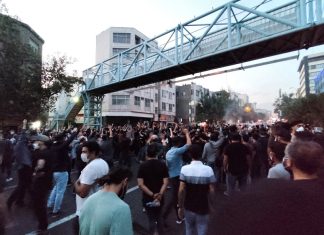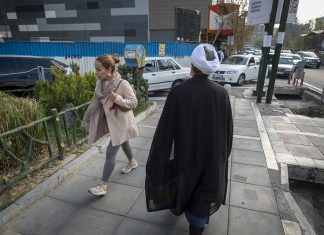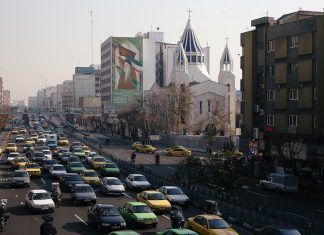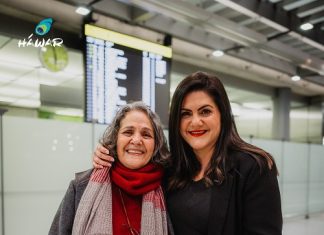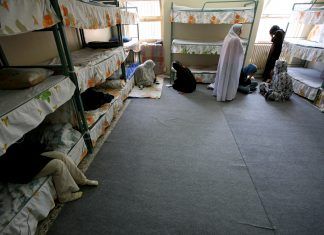By Ahmad Rafat
Roulah is a U.S.-registered non-profit organization dedicated to helping Middle Eastern women.
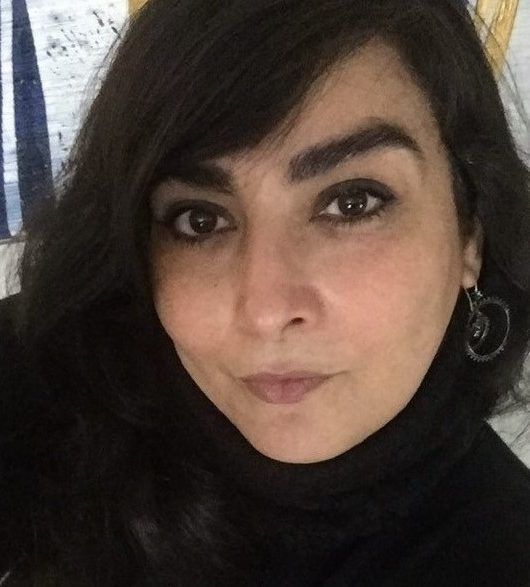
Established in July 2021 by co-founders Sheema Kalbasi and Shaghayegh Moradinnejad, it aims to help victims of self-immolation, domestic abuse, underage and forced marriages, women and children with disabilities, and child labor.
Roula seeks to help these and other victims escape stigma and prejudice against them. It offers support and information for women and children to help empower them internationally. That includes refugees and asylum seekers in the communities where Roulah has a presence.
Kayhan Life recently interviewed Kalbasi to find out more about Roulah and its mission.
Roulah is a Kurdish name. Was this name selected because your work is focused on Kurdish areas in Iran, Turkey, Syria, and Iraq?
Roulah is a Kurdish name, but it also stands for Resilience, Optimism, Unity, Leadership, Achievements, and Hope. Our work includes the Kurdish region as it has one of the highest numbers of self-immolation in the world, but is not limited to one community or one country.
With the Taliban coming to power, will you be extending your mission to Afghanistan?
The rise of the Taliban complicates the work we had envisioned for Afghanistan. That being said, we are at present looking into ways to help women and children in Afghanistan as well.
Ilam, in Iran, has the highest rate of self-immolation according to available data. Yet it appears that Roulah cannot work in Iran at present. Why?
Some countries do not have laws that support and safeguard the kind of work we do. For that reason, we are very cautious as to where Roulah’s angels could operate.
Roulah’s activities are focused on self-immolation. Self-immolation is not just a form of suicide. It is painful. Don’t you think women who set themselves on fire wanted to scream their protests because they were unable to in other ways?
I agree with you. Self-immolation is a painful form of suicide, and the reason is that the body continues to burn from the heat inside out. Our hope is that giving voice to these women will help them voice their objections in other ways. Self-immolation is also one of the cheapest and most accessible methods of suicide and the last resort for many of these women when all else feels impossible and unattainable.
Do you want to stop self-immolation or to help women who did not succeed in committing suicide?
Stopping self-immolation is what we aspire as our ultimate goal. As this painful way of taking one’s life continues, however, we also seek to help the victims and their families by raising funds for the survivors’ reconstructive surgeries and therapy sessions, among other things.
Is the reason for self-immolation culture, tradition, or law? Or a combination of all three? And how can it be prevented?
One may think that cultural and fundamentalist religious attitudes or psychosocial factors predispose vulnerable individuals in this region to suicide by self-immolation. In reality, suicide by self-immolation is not [the predilection of any] one community but occurs in many, in particular developing countries worldwide, where citizens are not protected by laws, and many women do not have economic independence.
In fact, this form of suicide is one the most extreme and relatively common protest tactics, even among political activists in the rest of the world. Examples include anti-communists in Czechoslovakia during the mid-20th century, Tibetans protesting the presence of China in Tibet, and activists against Soviet rule in Lithuania and Ukraine.

